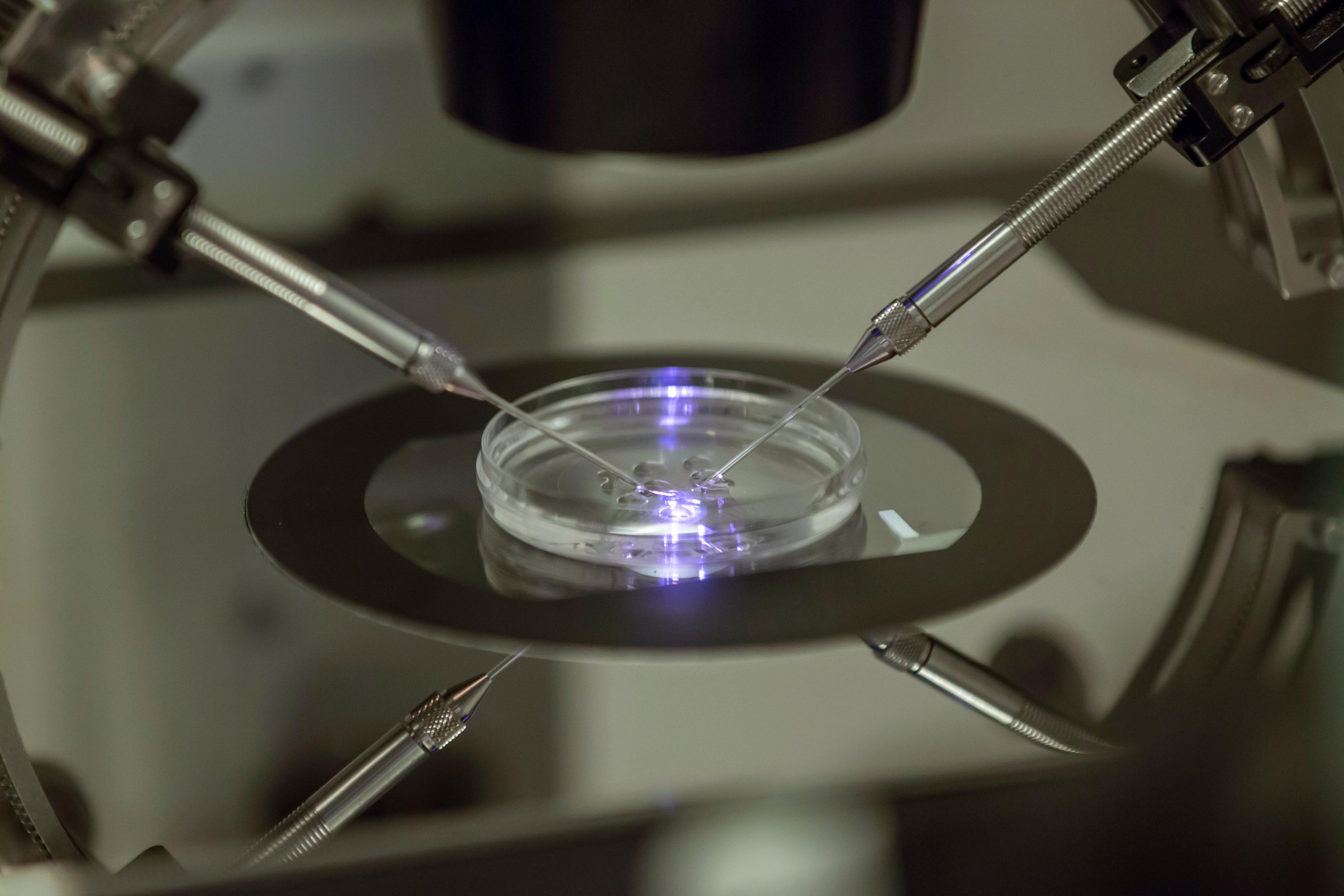

Published 10.29.2018 | Updated 10.30.2018
The Colorado Supreme Court on Monday sent a case concerning a divorced couple’s frozen embryos back to a lower court to decide the embryos’ fate using specific guidelines.
Drake and Mandy Rooks, who are divorced, had six embryos left after having three children together through in vitro fertilization. Drake wanted the embryos destroyed and Mandy wanted to use them to have more children.
The two had signed a contract at the fertility clinic where the embryos are stored. The contract said “a court of law” would decide what to do with the embryos in case of divorce, according to the Washington Post. A district court and the Colorado Court of Appeals previously decided with Drake Rooks and awarded him the embryos.
Colorado’s Supreme Court reversed the court of appeals’ decision and sent the case back to the trial court to decide given the following guidelines:
- courts should consider the intended use of the party seeking to preserve the pre-embryos
- a party’s demonstrated ability, or inability, to become a genetic parent through means other than use of the disputed pre-embryos
- the parties’ reasons for undertaking in vitro fertilization in the first place
- the emotional, financial, or logistical hardship for the person seeking to avoid becoming a genetic parent
- any demonstrated bad faith or attempt to use the pre-embryos as unfair leverage in the divorce process
- other considerations relevant to the parties’ specific situation
Mandy Rooks’ attorney Katayoun Donnelly called the court’s ruling a “win” on Monday.
“I am very happy with the results of the opinion that came out today. This has been a long road for Ms. Rooks and it is great to know that now she will have the opportunity to go back to the district court and hopefully be able to convince the court to give her the embryos,” Donnelly said.
“Today for the first time the Colorado Supreme Court addressed the umbrella issue, which was the fate of human embryos in divorce proceedings.”
The decision is also significant because of what the state Supreme Court advises the district court to not base the ruling on. The factors ruled irrelevant include whether or not the party seeking to become a genetic parent using the pre-embryos can afford a child, whether the party can adopt and the amount of existing children the party already has.
“What is important about this decision is the fact that the Colorado Supreme Court has specifically prohibited the district courts from considering those factors, which was a big part why the embryos were awarded to Mr. Rooks,” Donnelly said.
On Tuesday morning, Drake Rooks’ attorney, James Giese, said the ruling was a win for Drake, too.
“I’m very confident that when we go back to the trial court, that the decision is going to end up the same and Mr. Rooks will have the ability to do what he wants — to discard the pre-embryos,” he said.
Giese also said he thinks Mandy Rooks having a fourth child after the divorce and without IVF will be a “pretty big factor” for the trial court to consider.









